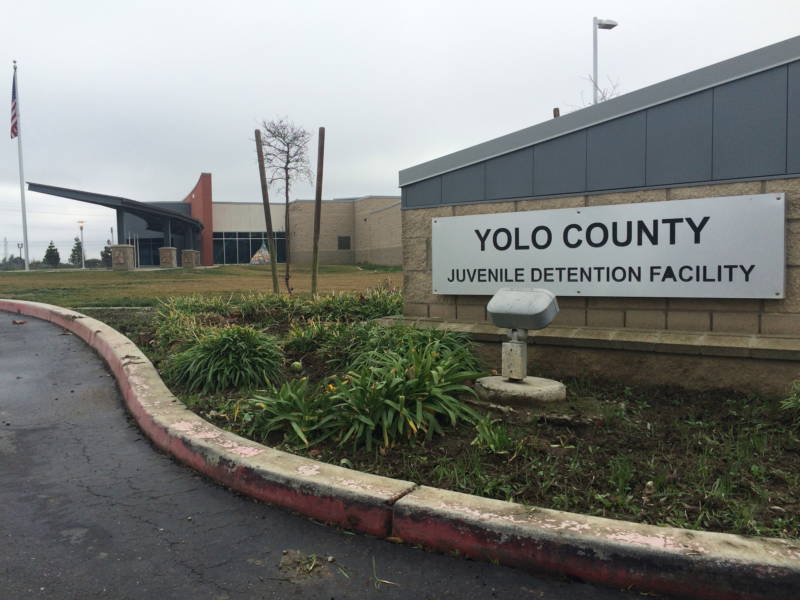A report from the largest disability rights group in the country says that immigration facilities across the state are failing to provide enough care or education to children with disabilities in their custody.
Investigators with Disability Rights California (DRC), who are authorized by the state to monitor conditions at any facility that houses individuals with disabilities, spent the past year visiting sites in California where the federal government is holding undocumented minors.
Those nine facilities are run by the Office of Refugee Resettlement (ORR), the federal agency responsible for the welfare of migrant children who arrive at the U.S. border without a parent or are separated from them.
DRC staff attorneys interviewed 150 children and found many were suffering from symptoms of trauma, post-traumatic stress disorder and other mental health disabilities, but were not getting counseling or medication. The DRC also faulted the facilities for failing to provide proper levels of education to their wards.
In a statement, ORR said the safety of unaccompanied children is their "top priority" and that "each shelter has medical providers and mental health counselors on site 24/7." ORR added that unaccompanied children "receive medical and mental health screenings, vaccinations, and any follow up care needed for injuries or illnesses they had when they were arrived. Children who have health conditions that cannot be treated on site are taken to local hospitals."
'The Most Restrictive Settings'
According to the ORR Guide for Children Entering the United States Unaccompanied, children with special needs should be placed in a facility with "the general population but that is able to provide services and treatment for special needs" while striving for "the least restrictive setting in the best interests of the child."
